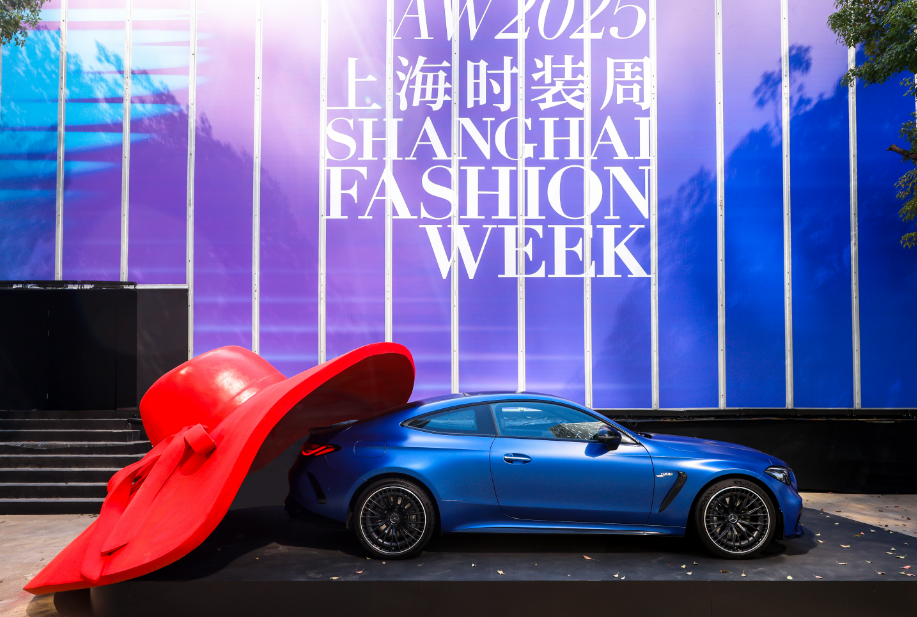
On March 24, the 2025 Annual Meeting of the China Development Forum closed in Beijing.
Against the backdrop of macroeconomic momentum transformation and deep reconstruction of the global industrial chain, this annual meeting is also a key window for observing the practical path of new quality productivity. The dialogues that brought together senior executives from leading companies such as BMW, Mercedes-Benz, Envision Technology Group, Schneider Electric and Xiaopeng Motors showed the deep integration of the automotive industry and the energy revolution, making it a core testing ground for cultivating new quality productivity.

Shenyang BMWida Factory
BMW Group Chairman Zipse: Smart Manufacturing Upgrade and Global Value Chain Reconstruction
With the Shenyang production base as an anchor, Zipse reveals the symbiotic logic of high-end manufacturing and digitalization. This world-class factory, with a total investment of 116 billion yuan, has reduced the scrap rate to below 0.2% through artificial intelligence-driven automated processes, and its circular economy model has enabled a 100% reuse rate of production water.
In the face of the EU's policy controversy over imposing tariffs on Chinese electric vehicles, the helmsman said: "BMW has formally filed a lawsuit because we firmly believe that protectionism will hinder the global carbon neutrality process."
BMW's new generation of models will be put into mass production at the end of this year. Zipse said that Chinese battery companies will supply newly developed large cylindrical batteries, thereby consolidating BMW's position in the global supply chain. It is understood that BMW's currently confirmed suppliers of large cylindrical batteries are CATL, EVE Energy and Envision Power Technology (AESC).
In the field of hydrogen energy, the fuel cell vehicle model that BMW plans to launch in 2028 will rely on China's industrial base where the installed capacity of electrolyzers accounts for 50% of the world, and explore the synergistic breakthrough of hydrogen refueling network and passenger car scenarios.
Mercedes-Benz Chairman Ola Källenius: The global spillover effect of China's innovation ecosystem
Holding the 850-kilometer range data of the new generation of electric vehicles, Ola Källenius explained how "China speed" has disrupted the global R&D system. The MB.OS operating system equipped in the new CLA model, through the AI voice assistant jointly developed with Chinese technology companies, has increased the in-car interactive response speed to 400 milliseconds, far exceeding the industry average. "Chinese engineers' culture of 'never saying no' has enabled Chinese R&D centers to undertake more than half of the world's smart cockpit development tasks." Under current EU regulations, the approval cycle for OTA upgrades is as long as six months, while Chinese regulators have shortened the cycle to 45 days through a sandbox mechanism. This agility is forcing innovation in the global standard system.
Zhang Lei, Chairman of Envision Technology Group: Energy cost reduction will drive global industrial revolution
Zhang Lei, Chairman of Envision Technology Group, approached the issue from the energy perspective, pointing out that history has proven that the release of energy power is the direct driving force for economic and social development. He believes that "China's new energy technology can help mankind increase global energy by 10 times and reduce unit costs by 90% in the next few decades, giving rise to new industrial prosperity."
Schneider Electric Chairman Zhao Guohua: Continue to advance the electrification process
Schneider Electric Chairman Zhao Guohua emphasized at the forum that energy transformation needs to be driven by innovative technologies. He pointed out that the energy revolution should not only focus on the transformation of the supply side, but also pay attention to the changes in the demand side brought about by the popularization of electric vehicles. He proposed three core paths: ensuring the accuracy of real-time enterprise data to lay a solid foundation for digitalization; unleashing the potential of AI with the help of the Internet of Things and cloud computing; and continuing to advance the electrification process, which is expected to reduce fossil energy demand by 25% by 2030.
He Xiaopeng, Chairman of Xpeng Motors: AI Creates a New Trend
He Xiaopeng pointed out that the automotive industry has undergone tremendous changes in the silicon-based fields of energy and automobiles over the past 100 years, but in the next 100 years, it is very likely that we will see the AI in cars change from an auxiliary type to a participatory type, and then to a dominant type or even a transformational type. "So we believe that in the next few decades or even hundreds of years, we will see AI creating a whole new trend," he said.
Despite different perspectives, the leaders at each link of the industrial chain have demonstrated three major consensuses.
First, digital technology is penetrating every aspect of the industry; second, global open collaboration has become the cornerstone of scientific and technological innovation. Just as BMW continues to deepen its strategic cooperation with China's leading technology companies, Mercedes-Benz calls on all countries to implement unified supervision - industrial globalization has become a general trend; thirdly, China is becoming a key force in the development of science and technology.


